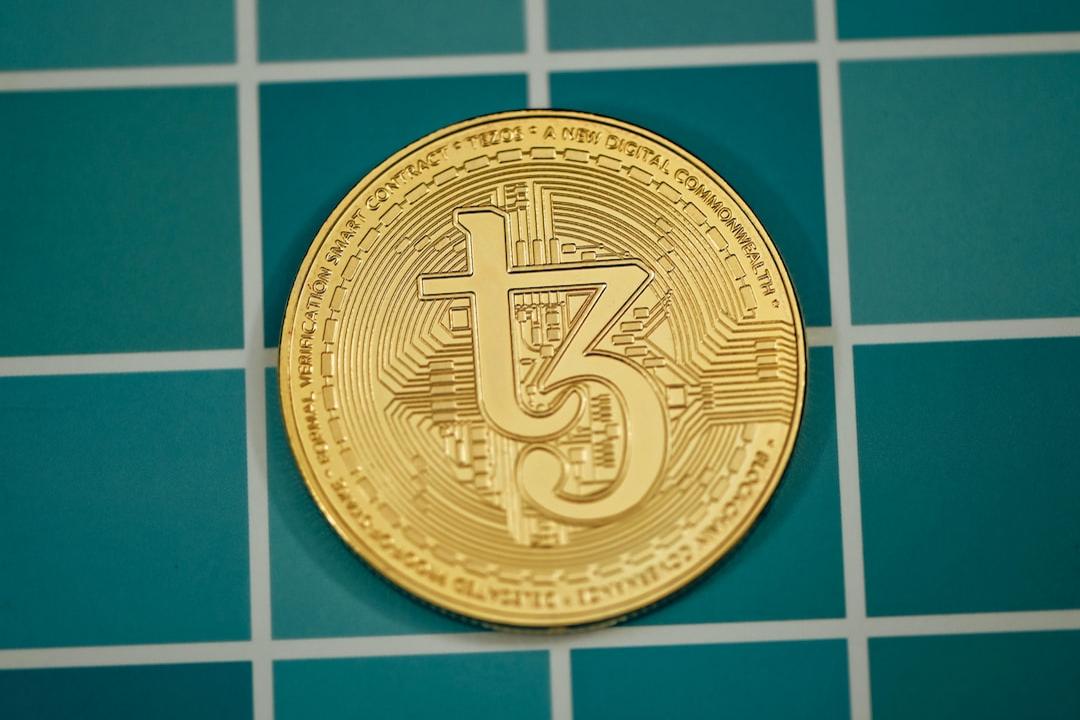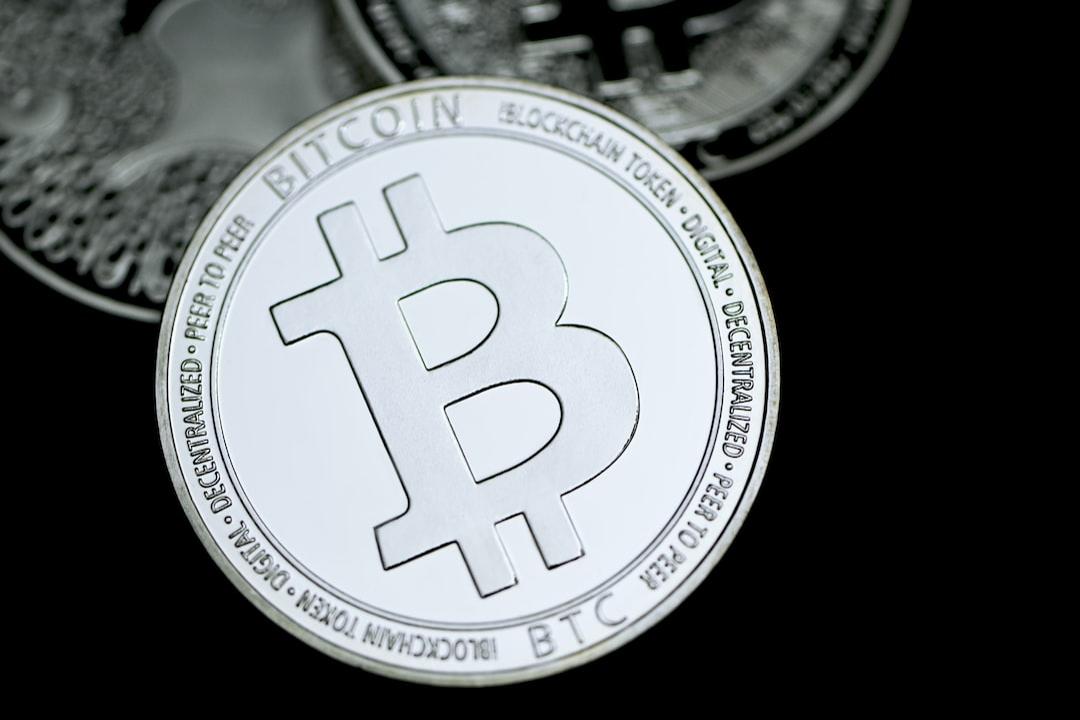Global regulators have intensified their efforts against
Bitcoin
, with researchers from the Federal Reserve Bank of Minneapolis and economists at the European Central Bank (ECB) making bold recommendations to “eliminate” the leading crypto.
Feds proposes Bitcoin ban
On Oct. 17, researchers from the
Federal Reserve Bank
of Minneapolis released a
paper
suggesting that banning Bitcoin and imposing additional taxes on it could help governments sustain their ongoing budget deficits.
A primary deficit occurs when government spending exceeds revenue, excluding interest payments on existing debt. The paper emphasized the concept of a “permanent” primary deficit, where governments intentionally continue outspending indefinitely.
The researchers argued that Bitcoin poses a “balanced budget trap” by compelling governments to balance their budgets.
Bitcoin’s decentralized nature
is seen as a hurdle to fiscal policy, particularly for governments looking to maintain permanent deficits using nominal debt. With its fixed supply and direct ties to natural resources, Bitcoin challenges traditional fiscal strategies by providing an alternative financial asset.
Deemed a “solution,” the paper suggests either banning Bitcoin or introducing taxes to alleviate this issue, stating:
“A legal prohibition of bitcoin or a tax on bitcoin are forms of financial repression that may be useful when the ability of the government to use consumption taxes is limited.”
ECB economist warns of Bitcoin’s societal impact
On Oct. 20, ECB economist Jürgen Schaaf
raised concerns
about the rising price of Bitcoin, arguing that it disproportionately benefits early adopters. He warned that latecomers or non-holders could face significant economic disadvantages as a result.
[Editor’s Note: In the fiat system, the
top 1% own more wealth
than the bottom 95% of the world’s population put together]
Schaaf explained that even if
Bitcoin prices
continue to rise without collapsing, the wealth gains for early investors come at the expense of those who enter later or don’t invest at all.
He emphasized that Bitcoin does not increase the economy’s productive capacity. As early adopters gain wealth, they are likely to consume more, which could ultimately reduce the consumption power of others.
In a scenario where Bitcoin prices keep rising, Schaaf noted that this shift in wealth could have lasting effects, with early adopters enjoying luxury consumption while latecomers face financial hardship. He
stated
:
“The societal impact is real: “missing out” on Bitcoin different than just a lost opportunity, it means actual impoverishment compared to a world without Bitcoin.”
Schaaf suggested that non-holders should recognize that Bitcoin’s growth is fueled by wealth redistribution, which occurs at their expense. He called for policies to curb BTC’s expansion or potentially eliminate it, warning that
pro-Bitcoin politicians
could further skew wealth distribution, threatening societal stability.
Schaaf’s view corroborates a position he and fellow ECB economist Ulrich Bindseil espoused in a recent paper.
Crypto industry responds
These reports have sparked reactions from the crypto community, with several experts viewing them as an attack on Bitcoin.
Matthew Sigel, Head of Digital Assets Research at
VanEck
,
remarked
that the Minneapolis paper reflects an escalated effort to target Bitcoin.
However, Sigel maintained that these proposals do not alter VanEck’s forecast of Bitcoin adoption by central banks in the future. In July, VanEck predicted that Bitcoin could reach a price of $2.9 million by 2050, becoming an integral part of the global financial system.
Bitcoin analyst Tuur Demeester also voiced concerns about the ECB’s paper, warning that the proposals could lead to stricter taxation and regulation of cryptocurrencies.
He
wrote
:
“In all the years I’ve been monitoring the bitcoin space, this is by far the most aggressive paper to come from authorities. The gloves are off. It’s clear that these central bank economists now see bitcoin as an existential threat, to be attacked with any means possible.”
[Editor’s Note: Over
57%
of all Bitcoin is held by private individuals, while governments own roughly 2%. Further, any attempt to ban Bitcoin in the past has failed to hinder its growth due to its security design. Even if every Bitcoin miner in the United States were switched off tomorrow due to a ban, it would only lead to a potentially increased block time, which would be fixed with the next difficulty adjustment, and Bitcoin would carry on.]
Mentioned in this article


Bitcoin


VanEck
Posted In:
Bitcoin
,
US
,
Crypto
,
Featured
,
Macro
,
Regulation
Author


Oluwapelumi Adejumo
Journalist at CryptoSlate
Oluwapelumi values Bitcoin’s potential. He imparts insights on a range of topics like DeFi, hacks, mining and culture, underlining transformative power.
@hardeyjumoh
LinkedIn
Email Oluwapelumi
Editor
Liam ‘Akiba’ Wright
Editor-in-Chief at CryptoSlate
Also known as “Akiba,” Liam Wright is a reporter, podcast producer, and Editor-in-Chief at CryptoSlate. He believes that decentralized technology has the potential to make widespread positive change.
@akibablade
LinkedIn
Email Editor
Ad


SimpleFX 10th birthday: the decade of online broker

Ad


CryptoSlate on X
x.com/cryptoslate
Join our X community for real-time crypto news and expert insights.
Follow @cryptoslate
Ad
Latest
US
Stories


Coinbase files FOIA requests targeting FDIC over crypto banking restrictions
Exchanges
41 seconds ago
The requests differ from the ones directed at the SEC in 2023 and seek clarity over alleged FDIC misconduct against crypto friendly banks.


Ethereum ETFs face rocky start but retain strong growth potential affirms Bitwise CEO
Crypto
5 hours ago
Bitwise CEO pointed out that Ethereum ETFs are among the top 25 fastest-growing new ETPs this year despite their slow start.


US election hopes spark three-month high inflow of over $2 billion in crypto investments
Analysis
6 hours ago
The industry saw some “minor profit taking” from investors outside of the United States.


Elon Musk and Brian Armstrong boost John Deaton’s bid to dethrone Elizabeth Warren in Massachusetts
Politics
7 hours ago
Pro-crypto lawyer Deaton enjoys strong backing from major stakeholders in the emerging industry.
Latest
Bitcoin
Stories


Northern Data embraces AI boom, mulls ditching Bitcoin mining roots
Mining
46 mins ago
Europe’s largest Bitcoin miner, Northern Data, is exploring the potential divestment of its mining division, Peak Mining.


US election hopes spark three-month high inflow of over $2 billion in crypto investments
Analysis
6 hours ago
The industry saw some “minor profit taking” from investors outside of the United States.


US Department of Defense places Bitcoin Softwar thesis under security review, rockets price to $300
Adoption
11 hours ago
The retroactive review signals DoD’s understanding of national security implications within Lowery’s thesis on Bitcoin as a strategic asset.


Post halving, Bitcoin miners are choosing between hodling BTC and upgrading to AI
Mining
2 days ago
Stock prices of miners investing in AI have been doing better than those hodling BTC in hopes of future appreciation.
Latest Press Releases
View All


CoinUp.io Announces the Launch of Multiple Stock and Derivatives Trading Options, with More to Come in Q4
Chainwire
3 hours ago


BEP 341 Proposal: Enhancing BSC Throughput With Consecutive Blocks
Chainwire
7 hours ago


MEXC Partners with Aptos to Launch Events Featuring a 1.5 Million USDT Prize Pool
Chainwire
10 hours ago
Disclaimer:
Our writers’ opinions are solely their own and do not reflect the opinion of CryptoSlate. None of the information you read on CryptoSlate should be taken as investment advice, nor does CryptoSlate endorse any project that may be mentioned or linked to in this article. Buying and trading cryptocurrencies should be considered a high-risk activity. Please do your own due diligence before taking any action related to content within this article. Finally, CryptoSlate takes no responsibility should you lose money trading cryptocurrencies.


